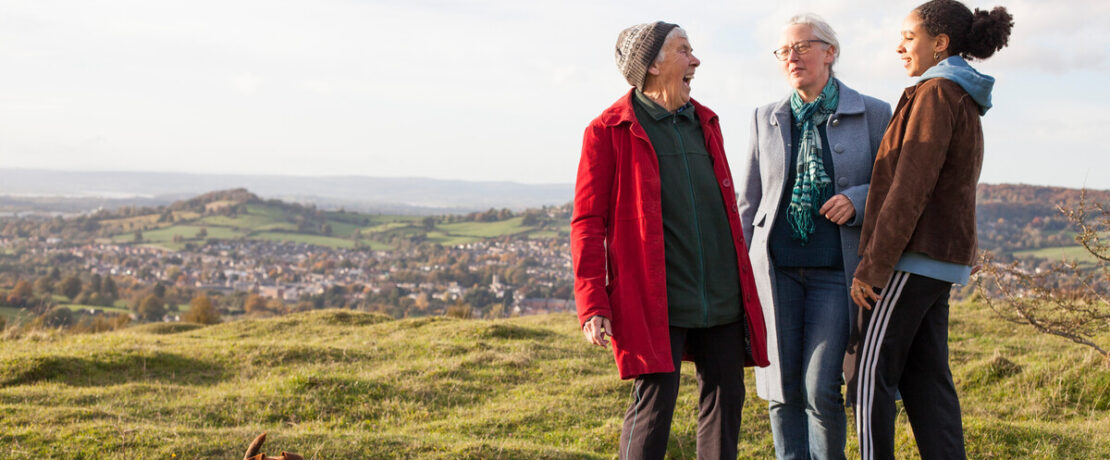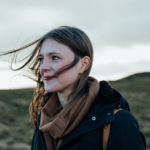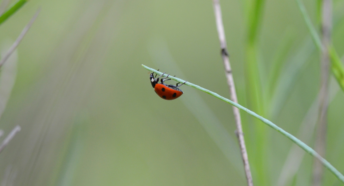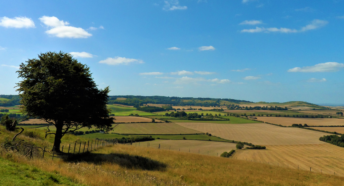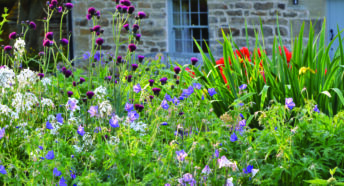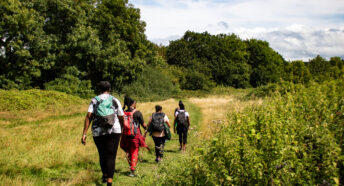Inspiring inclusion in the countryside and natural world
International Women’s Day falls on Friday 8th March, and this year’s theme is ‘Inspire Inclusion’. CPRE has long campaigned for a countryside for all, but there is still much more to be done in terms of inspiring inclusion in the countryside. So how might we go about this?
What needs to change
Both systematic and individual change – from the government and the media, as well outdoor groups and businesses – is necessary to move the needle. Shahida Aslam, founder of Divine Teas shares her perspective:
‘Many years ago I would plan trips for women to the countryside. I orchestrated the travel arrangements, ensured the provision of lunch and designated prayer space, ensuring a timely return for families.
‘Now, my focus has shifted and lies in discerning any accessibility requirements and addressing practical considerations such as parking, toilets and an affordable cafe with food options that align with diverse dietary needs. Often, available food can be expensive, and the uncertainty of a child’s preferences adds an additional layer of consideration. My aspiration is to embark on a hiking expedition with my child, and witnessing individuals like explorer and TV presenter Dwayne Fields also helps to reinforce that anyone can partake in countryside experiences.
‘It heartens me to note the emergence of diverse outdoor groups, such as We Go Outside Too and Muslim Hikers, but everyone needs to get on board and play their part to inspire inclusivity. My first camping experience was with Willowbrook Farm, the first Halal and Tayib farm in the UK (based in Oxford); we had a great experience, with the family-friendly ethos and their focus on connecting with the land. It’s a step in the right direction, with hope for a future with greater inclusivity.’
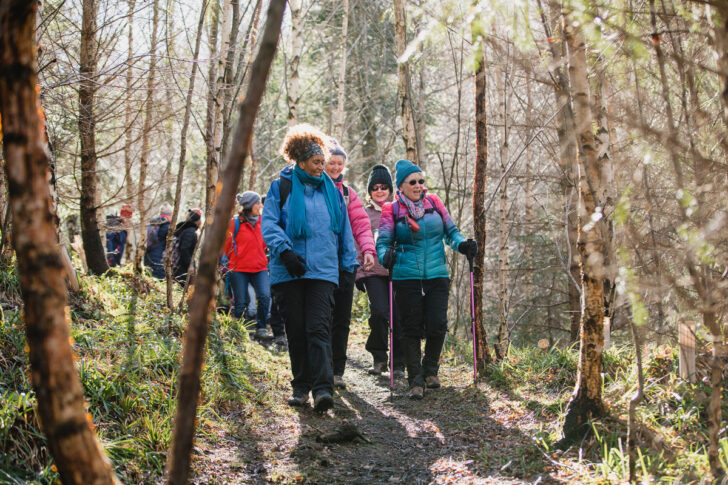
Connecting with the wild
Alongside this need for wider inclusive change, there is also a requirement to awaken a different kind of awareness of the wild. Often we can feel like nature connection is only possible if we head out on a big hike or live in a rural area, but here Agnes Becker, founder of We Are Stardust offers an alternative perspective:
‘Nature connectedness has been shown to play a big part in our wellbeing, yet for many of us travelling to remote areas of natural beauty every day to immerse ourselves in nature isn’t possible, or can feel intimidating. Perhaps we have a chronic illness that makes it hard to leave the house, or we don’t have access to a car that could get us to a local park or easy access to get to biodiverse countryside on a daily basis – or perhaps we’ve been made to feel unwelcome or inadequate in remote wild spaces.
‘Yet if we look closely, pockets of countryside and nature can be found all around us, including in urban environments. Giving our loving attention to the robin that visits the garden, the dandelion that has grown through the crack in the pavement, the changing clouds outside our window, enables us to get our dose of nature medicine – moments of joy, wonder and awe – without having to travel afar.
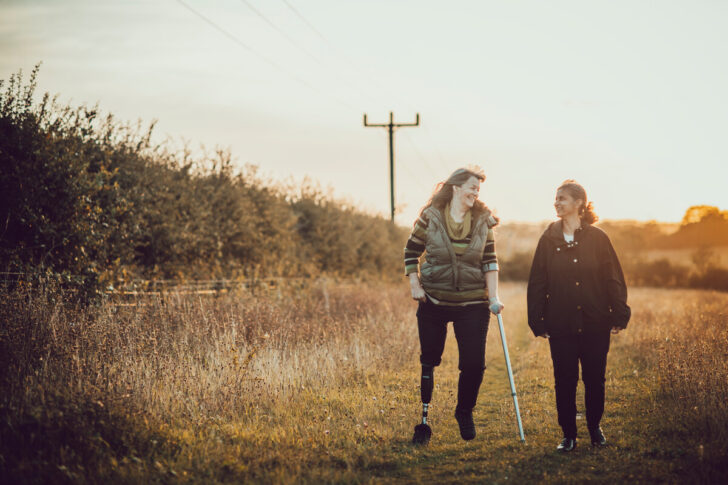
‘Immersing ourselves in the pockets of nature around us strengthens our relationship with our local environments, leading us to care more about the beyond-human beings and precious pockets of green spaces on our doorsteps. Encouraging a personal relationship with nature – regardless of background and (dis)ability – is the start of a life-long love of the wild.’
Starting from the roots and planning ahead
So how can we begin to cultivate this love for the wild? At this crucial moment in the climate crisis, there is a need to expand our viewpoint: firstly to look to the past, to be inspired by those who have already walked this pathway seeking change; and next to look ahead, to consider how we might leave a different legacy for future generations.
Ethel Haythornthwaite, founder of CPRE Peak District and South Yorkshire firmly believed that the countryside was a sanctuary for all to seek respite from the demands of daily life and revel in its awe-inspiring beauty.
From the outset, she championed the preservation of natural landscapes to ensure they could be enjoyed by everyone. Her unwavering dedication to safeguard the land led to the countryside remaining a haven of tranquillity and delight, for generations to come. It is thanks to her enduring influence that countless individuals continue to find solace and inspiration in the peaceful and picturesque surroundings of a beautiful, thriving countryside.
In a poignant reflection in 1945, Ethel encapsulated the significance of countryside access for our wellbeing: “Outside the city – there one began to live. The escape into clean air, the gradual return to nature – with this came satisfaction, peace, freedom, solitude, excitement. One grew to become conscious of its profounder value, something beyond health and high spirits – something to worship.’
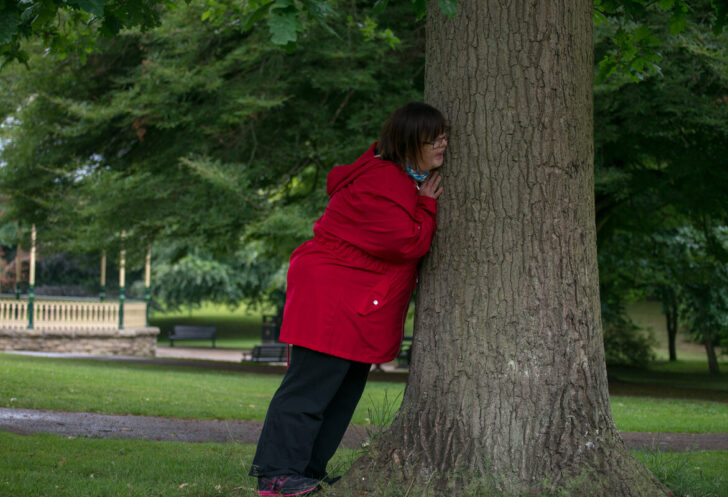
It is this viewpoint that has guided much of CPRE’s campaigning and vision for the future. CPRE’s Planning and Policy Lead, Jackie Copley, is part of that vision, looking ahead to the legacy we will leave behind as a result of the decisions being made in the here and now. She reflects on how an inclusive approach to planning in the countryside is an essential part of this conversation:
‘I have been fortunate to work with many inspiring women who have shown me the benefits of an inclusive planning approach. From being a regeneration officer in Greater Manchester’s most deprived inner-city, to a global environmental consultancy advising government on nationally significant infrastructure, to recent CPRE championing of rural communities across England, I have been motivated by women from all backgrounds who seek sustainable solutions.
‘Planning is routinely controversial as many demanding voices call on our finite land resources. I have been inspired by women in senior positions in business, government, communities, and individuals who have spoken out on matters of importance, often with long term impacts on the environment and sustainability for future generations at the forefront of their minds. They have taught me listening skills. It is so important that all people, especially women, are equally heard, and not only those who shout the loudest. If not, the planning outcomes will be much less positive.’
Final thoughts
Writer Keli Tomlin shares these final poignant words:
“It’s important we don’t fall into the trap of applying a ‘hierarchy of quality’ to outdoor places. When I was younger, I would say that a walk isn’t really a walk unless you are out in the middle of a moor for hours with no buildings or civilization in sight.
‘But as I’ve gotten older, had a family, and experienced chronic illness, I’ve realised how privileged, ableist, and narrow minded this is.
‘Not everyone can access these ‘wild’ empty places, for economic, accessibility and safety reasons, to name a few.
‘Now I know that a walk in a local park, admiring the tended flower beds, can be just as powerful and restorative as a ten mile walk through dense woodland that hasn’t been managed by human hands for hundreds of years.
‘By recognising that there is inherent beauty, inspiration and connection in all outdoor places we can better value them and the people that access them.’
Find out more about International Women’s Day here and with 2024 the group’s centenary year, read more about CPRE Peak District and South Yorkshire here.
